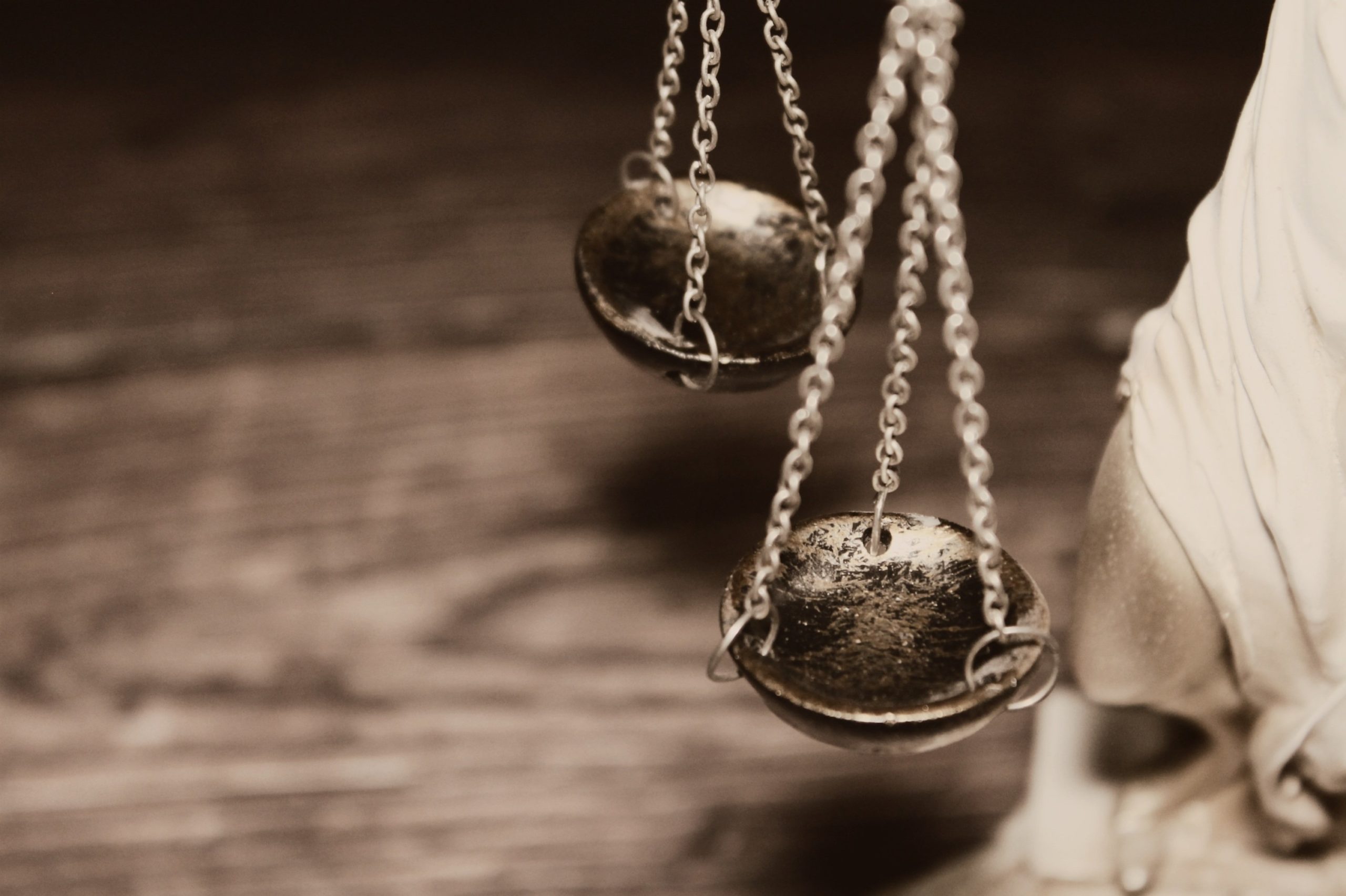The Fifth Amendment and Congressional Investigations

Most federal criminal law practitioners have been following with interest the recent investigations conducted by the House of Representatives’ Committee on Oversight and Government Reform. The following are the thoughts of federal criminal attorney Andrew Herman, regarding the Fifth Amendment rights of witnesses testifying before U.S. Congressional Committees.Recent developments in the Internal Revenue Service Tea Party “targeting” scandal demonstrate the perils of appearing as a witness before a Committee of the United States Congress. With the House Committee on Oversight and Government Reform, chaired by Darrell Issa (R-CA), actively pursuing investigations into the IRS matter, the State Department Benghazi incident, the implementation of Obamacare and other politically-charged issues, potential witnesses would be well served to pay attention to these developments and adjust their responses accordingly.
The New York Times reported on July 4, 2013, that, contrary to Republican claims, the IRS did not single out Tea Party 501(c)(4) groups alone for closer scrutiny. See Jonathan Weisman “IRS Scandal Went Beyond the Political,” July 4, 2013. As the Times stated: “[A] closer look at the IRS operation suggests that the problem was less about ideology and more about how a process instructing reviewers to ‘be on the lookout’ for selected terms was applied to any group that mentioned certain words in its application.” Indeed, entities as diverse as a Palestinian-rights group, medical marijuana purveyors and open source software developers were subject to the same kind of scrutiny as the Tea Party groups.
In short, the “targeting” scandal trumpeted by House Republicans appears to be more about ham-handed IRS examiners than a White House-directed attack on President Obama’s Tea Party opposition.
This revelation is of little solace to Lois Lerner, the IRS Director of Exempt Organizations during the period of time in question. On May 22, 2013, Ms. Lerner appeared before the House Committee on Oversight and Government Reform. Although Ms. Lerner asserted her Fifth Amendment Rights against self-incrimination and declined to respond to questions from Committee members, she first made brief comments to the Committee asserting her innocence. In response, on June 28, the Committee, on a party-line vote, approved a resolution determining that Ms. Lerner had waived her Fifth Amendment rights. This resolution sets up an attempt by the Majority to compel Ms. Lerner to return and answer questions regarding the IRS matter. Assuming that she refuses to do so, the Committee would presumably then move to hold her in contempt of Congress, a misdemeanor offense which, if referred to the United States Attorney’s office by the full Congress, would be punishable by up to one year in jail.
Although this result is unlikely, Ms. Lerner is probably ruing her decision to make any comments at all. Indeed, she simply could have asserted her Fifth Amendment rights, made no statement and proceeded directly to a press conference outside the hearing room where she could have expounded her innocence to the press without creating any legal jeopardy. It is also worth noting that Ms. Lerner finds herself in this situation despite employing one of Washington’s most respected defense attorneys as her counsel.
Indeed, it is hard to blame either Ms. Lerner or her attorney. After all, her statements were simply anodyne statements of innocence, with no factual representations about the subject of the hearing. Most legal experts agree that such statements do not waive the protections afforded by the Fifth Amendment. Yet, the lesson of these developments is that in the realm of the political investigation a witness cannot be too careful.
The Committee’s continuing Benghazi investigation presents similar concerns for government witnesses. On June 24, the Committee issued subpoenas to four State Department officials requesting testimony relating to alleged “deficiencies contributing to a lack of security” at the time of the Benghazi attack. As with the IRS matter, the Benghazi inquiry appears to be a faux-scandal created by Chairman Issa and the Committee majority for political gain.
Yet, even in the likely event that this inquiry leads nowhere, these State Department officials could face the same perilous path as Lois Lerner. When even Ms. Lerner’s prudent choice to decline to testify before the Committee can create potential legal jeopardy, government officials who find themselves summoned to this or any other congressional committee would be well served to consult with experienced legal counsel.